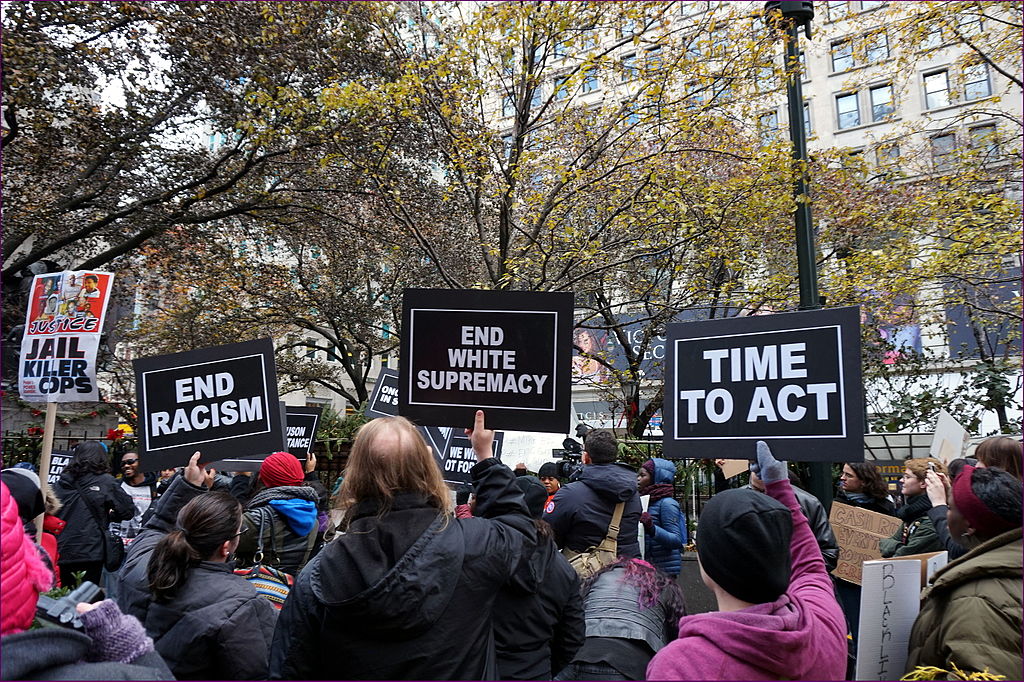How we face the reality of white supremacy
September 13, 2017
From the beginning of the Civil Rights Movement to the Black Lives Matter movement in more recent years, the average American person could assume that ideals of equality and open-mindedness in the United States have long been established.
Such long-standing progress may lead an individual to wonder why the term “white supremacy” has become such a prevalent topic in the last month.
In the 21st century, especially in the state of California, it’s not exactly common for someone to claim to be a white supremacist, let alone a Nazi, member of the Ku Klux Klan, or to openly advocate for white nationalism. Even so, on August 12, 2017, hundreds of white supremacists, nationalists and members of the Proud Boys (ultra-nationalist group) marched together in a “Unite the Right” rally at the University of Virginia. They carried torches and chanted phrases such as “We will not be replaced!” and “White lives matter!” The violence began the next day when the marchers clashed with a much smaller group of counter protesters. It was initiated by James Alex Fields Jr., who intentionally hit and killed anti-racist protester Heather Heyer, also injuring as many as nineteen others.
A San Diego Union-Tribune article details the criticism San Diego Democrats feel of President Donald Trump’s response. California State Senator Toni Atkins was infuriated by the lack of response from President Trump to this horrific event and perceived it as tolerance of such racist behavior. “Racists and anti-Semites are out there, and Donald Trump has [given] them active permission to put their hate on display for everyone to see, not just in that state, not just in this country, but in the world,” Atkins said.
As students living in the San Diego area, we can rest assured that local politicians are passionate about reinforcing their negative stance toward rising bigotry perpetrated by groups affiliated with neo-Nazis and the reemergent Ku Klux Klan.
We should also recognize that as a collegiate youth, our voices are the most influential to this generation and possess the ability to alter the future. It is important that we refrain from being mere bystanders. Rather, let us take the opportunity to participate in any event or protest as long as we feel passionate and safe enough to publicly support a cause and understand what is moral.







